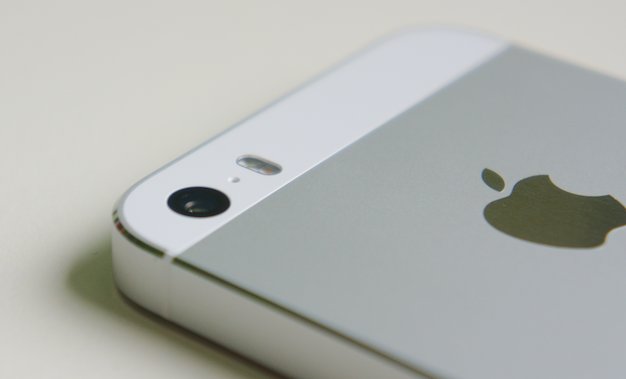
As you have likely heard by now, the FBI is trying to gain access to an iPhone that was used by one of the attackers in the December mass shooting in San Bernardino. On February 16, lawyers for the FBI obtained an order requiring Apple to create software to break the password protection and access the contents of the phone. Apple is opposing the order and asking a court to rule that it is unlawful. Apple CEO Tim Cook posted a letter online to explain their position to the public, most notably that the creation of a tool to break in to one iPhone would make them all more vulnerable to a security breach.
This dispute has drawn substantial attention in the media. Some may find the reaction to be excessive. However, this is an issue that – at the very least – affects the ability of iPhone users to know that the data on their phone is secure and – at most – is a canary in a coalmine, which has the potential to set the direction for law on digital privacy for years to come.
The issue of lawful intrusions into our private digital spaces isn’t unique to the United States. In Canada, production orders, subpoenas and search warrants are regularly served upon major telecommunication, social media, and technology corporations. One of the most significant cases of its kind was decided just last month.
In R. v. Rogers Communications, the Peel Regional Police were investigating a string of jewelry store robberies. They obtained a production order for Rogers and Telus, demanding ‘tower dumps’ of 21 cell towers in the area of the robberies. A tower dump requires the wireless service provider to assemble records of all cellular traffic that occurred at a particular cell tower within a specified timeframe. The information includes the names of the callers near the tower, the people they called, their locations and even their credit card information.
The lawyers for Rogers and Telus argued that it can require significant resources to produce this data, depending on the breadth of the request. More importantly, from the perspective of digital privacy rights, requests of this nature infringe the rights of the public to be free from unreasonable search and seizure, as protected by section 8 of the Charter of Rights and Freedoms. Justice Sproat agreed with these arguments and found that these orders did infringe section 8 privacy rights of the subscribers whose records were produced in the tower dump. He found that the orders were overly broad and were, therefore, unlawful.
Justice Sproat’s ruling creates an important precedent in Canadian law during a time when digital privacy rights need more clarification. It may provide some guidance on another interesting cell phone case which returns to the Toronto Superior Court today. The RCMP is currently attempting to seize a VICE journalist’s cellphone. Unfortunately, the RCMP have obtained a sealing order to prohibit publication of many details of the case.
As our lifestyles become increasingly digital, the amount of information about our daily movements and communications increases as well. As Justice Fish stated on behalf of the Supreme Court of Canada in R. v. Morelli, “It is difficult to imagine a search more intrusive, extensive or invasive of one’s privacy than the search and seizure of a personal computer.” He wrote those words in 2010, only six years ago. Even then, it would have been difficult to imagine how our most sensitive data would spread from our desktops to smartphones, smartwatches and beyond. If we become lax on the extent to which law enforcement can gain access to these devices, it will likely follow that other agencies will be permitted to creep into digital domains more easily.
Within the commentary about Apple’s case is the astute observation that Apple, and the other companies who are on the receiving end of these orders, are usually large, publicly traded organizations with a profit-driven bottom line. When reading Tim Cook’s letter to his customers, it’s easy to be wooed into thinking that he is fighting for your own personal data privacy. In reality, the long-term cost to Apple of a security breach created by compliance with the FBI’s order would be enormous. As Brian Feldman points out in New York Magazine, Apple’s motivations in this battle are of little relevance to this debate. This may be one of those rare occasions where the interests of the free market and our collective, civil-libertarian interests are aligned.
Apple’s motion is set to be argued on March 22, 2016.
Brian Eberdt is a criminal defence lawyer with Lockyer Campbell Posner. Reasonable Doubt appears on Mondays.
A word of caution: You should not act or rely on the information provided in this column. It is not legal advice. To ensure your interests are protected, retain or formally seek advice from a lawyer. The views expressed in this article do not necessarily reflect those of Lockyer Campbell Posner or the lawyers of Lockyer Campbell Posner.
website@nowtoronto.com | @nowtoronto












